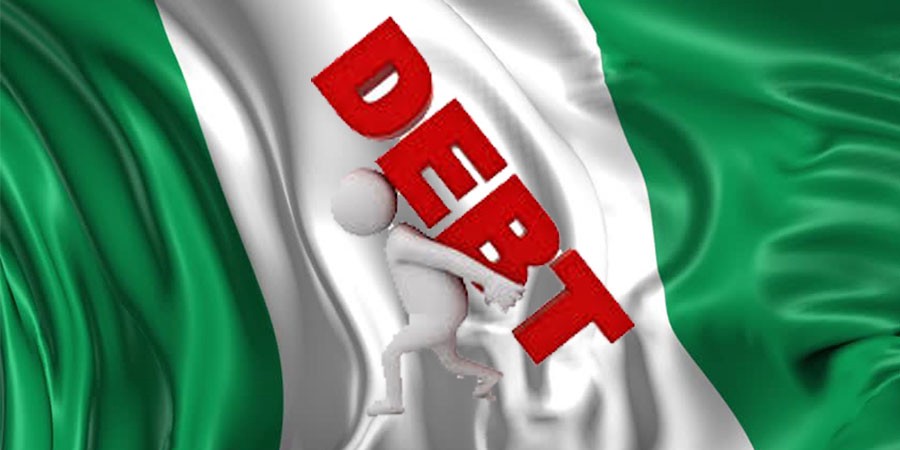Business News
FX Unification: States external debt rise by 42%
The recent unification of the foreign exchange rate by the Central Bank has dealt a huge blow to the external debt burden.

The recent unification of the foreign exchange rate by the Central Bank has dealt a huge blow to the external debt burden.
Data from the Debt Management Office (DMO) show that the 36 states and the FCT had an external debt burden of $4.56 billion prior to the apex bank’s new policy. The debt was valued at N2.01 trillion using the fixed rate of $1/471 used by the previous CBN.
Increase in naira valuation of state external debt
The external debt stock of Nigeria has increased by 41.9% since the unification of the exchange rate. This is due to the fact that the naira equivalent of the debt has increased. For example, Lagos state’s $1.25 billion external debt has increased from N588 billion to N947 billion. This is because the exchange rate has increased from N305/$1 to N758/$1.
Other states that have seen their external debt increase include Kaduna and Edo. Kaduna’s $573 million debt has increased from N269 billion to N434 billion, while Edo’s $209 million debt has increased from N98.4 billion to N158 billion.
The naira equivalent of the Federal government’s external debt has also increased. The Federal government’s external debt of $37 billion has increased from N17.5 trillion to N28.1 trillion. This is because the exchange rate has increased from N305/$1 to N758/$1.
The increase in external debt is a cause for concern. It is important to note that the debt is denominated in foreign currency, which means that it will become more expensive to repay as the naira continues to depreciate. The government needs to take steps to reduce the debt burden and ensure that it is sustainable.
Implication on state’s finance
The increase in external debt will put a strain on state finances. States will have to source more naira to meet the debt servicing of these loans and pay up these loans. This will come when government revenues are already strangled and government expenditure is ballooning.
This will strain investments in other sectors like infrastructure, education, agriculture, and health. States will have to divert funds away from these sectors to meet their debt obligations. This could have a negative impact on the long-term development of the country.
On a positive note, the unification will bring about increased revenue to states. The funds from the Federation Account Allocation Committee (FAAC) are expected to increase. This is because the naira equivalent of the oil revenue will increase.
Although these are still early days in the FX unification policy, the market is believed to settle at around N600 in the coming months. This is according to JP Morgan. This would mean that the increase in external debt would not be as severe as it is now.
Background
Experts and investors have consistently called on the CBN to unify the foreign exchange market as the multiple exchange rate regime breeds corruption, discourages investment etc. This came to an end on the 14th of June when the apex bank said in a statement
- “Abolishing the segmentation of the FX market into different windows. All transactions will now be done through the Investors and Exporters (I&E) window, where the exchange rate will be determined by market forces.
- Applications for medicals, school fees, BTA/PTA, and SMEs would continue to be processed through deposit money banks”
This move sent the exchange rate on the I & E window to jump between N700 and N800 to the USD.
More News On RNN
I&E Window Records $788 Million in Turnover After Currency Unification
Dollar to Naira Exchange Rate Today June 22, 2023
Naira Float: It is a “Controlled float” not a completely free float; CBN
